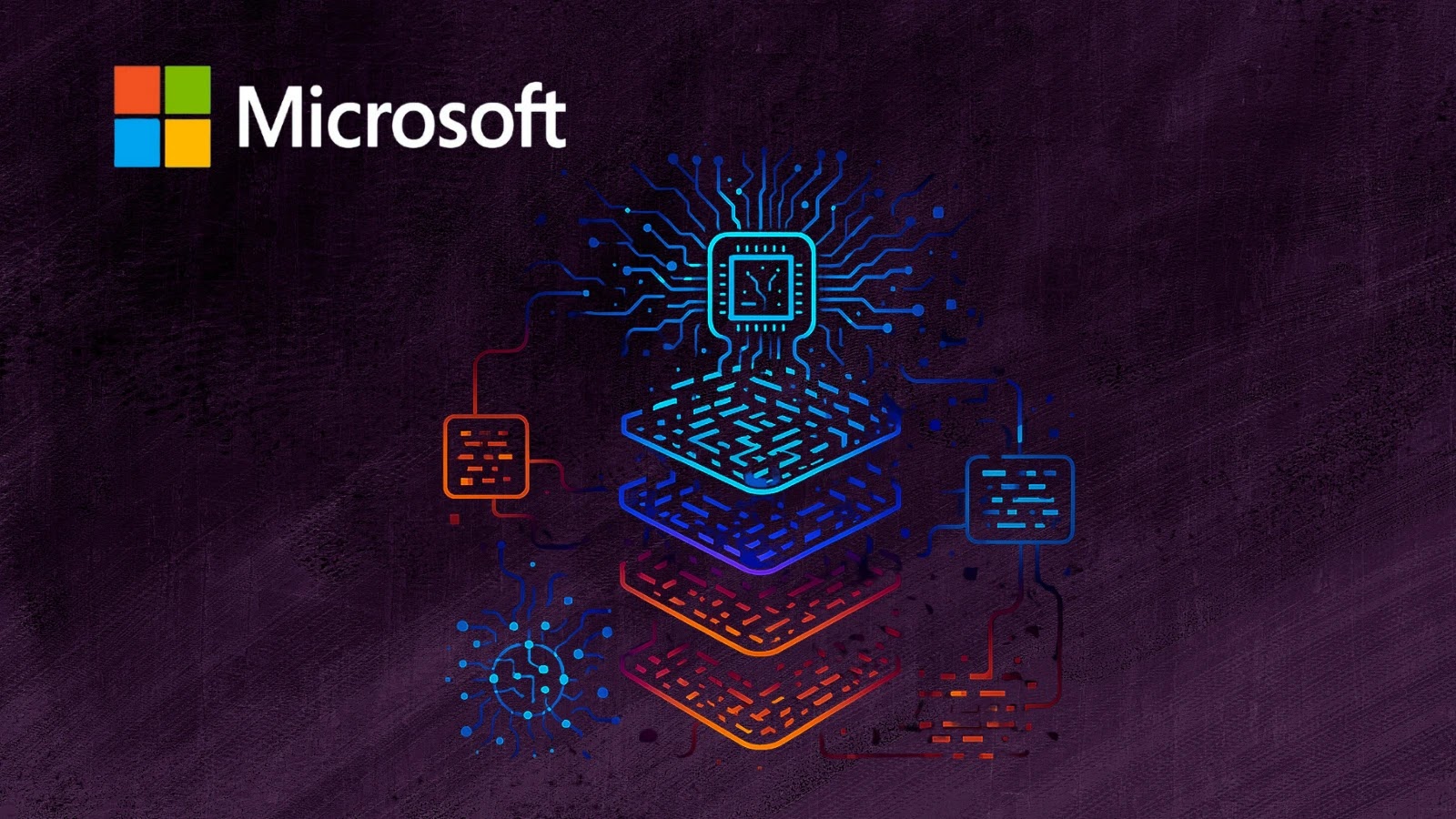The cyber conflict between Israel and Iranian-backed groups has escalated into a more sophisticated and targeted phase, marked by a significant increase in cyberattacks and the evolution of tactics employed by adversaries.
Escalation of Cyberattacks
Since the onset of the Hamas-led assault on October 7, 2023, Israel has experienced a substantial surge in cyberattacks. Gaby Portnoy, head of the Israel National Cyber Directorate (INCD), reported that the intensity of these attacks has tripled, with Iran and its proxies, including Hezbollah, intensifying their cyber operations against Israeli targets. Portnoy highlighted that these groups are collaborating to attack various sectors in Israel, including academia, tourism, media, finance, transportation, health, government, and technology. Despite the increased volume of attacks, they have not succeeded in causing substantial economic damage. ([timesofisrael.com](https://www.timesofisrael.com/cyberattacks-by-iran-hezbollah-have-tripled-during-the-war-says-israel-cyber-czar/?utm_source=openai))
Phases of the Cyber Conflict
According to a report by Microsoft, the cyber conflict can be divided into three distinct phases:
1. Phase 1: In the immediate aftermath of the October 7 attacks, Iranian-affiliated groups conducted opportunistic and relatively unsophisticated cyber operations. These included leveraging pre-existing access to claim attacks against Israeli organizations and repackaging old data as new leaks.
2. Phase 2: By mid-to-late October, the number of active groups targeting Israel increased from nine to at least fourteen. This phase saw a rise in coordinated and destructive campaigns, with Iran conducting ten cyber-enabled influence operations in October alone.
3. Phase 3: The current phase is characterized by more advanced tactics, techniques, and procedures. Adversaries are targeting significant businesses and critical infrastructure operators, aiming to undermine Israeli morale and pressure its allies. ([darkreading.com](https://www.darkreading.com/ics-ot-security/iran-israel-cyber-war-goes-global?utm_source=openai))
Global Implications
The cyber conflict has not been confined to the Middle East. FBI Director Christopher Wray warned that the war in the region has increased the threat of cyberattacks against the United States, citing a rise in attacks on U.S. military bases overseas. Additionally, cybercriminals have exploited the conflict by masquerading as fundraisers and charities, deceiving individuals into donating cryptocurrency to fraudulent accounts. ([darkreading.com](https://www.darkreading.com/cyberattacks-data-breaches/middle-east-cyberwar-rages-no-end-sight?utm_source=openai))
Conclusion
The cyber conflict between Israel and Iranian-backed groups has evolved into a more sophisticated and targeted phase, with significant increases in the volume and complexity of attacks. This escalation has global implications, raising concerns about the potential for cyberattacks beyond the Middle East.



